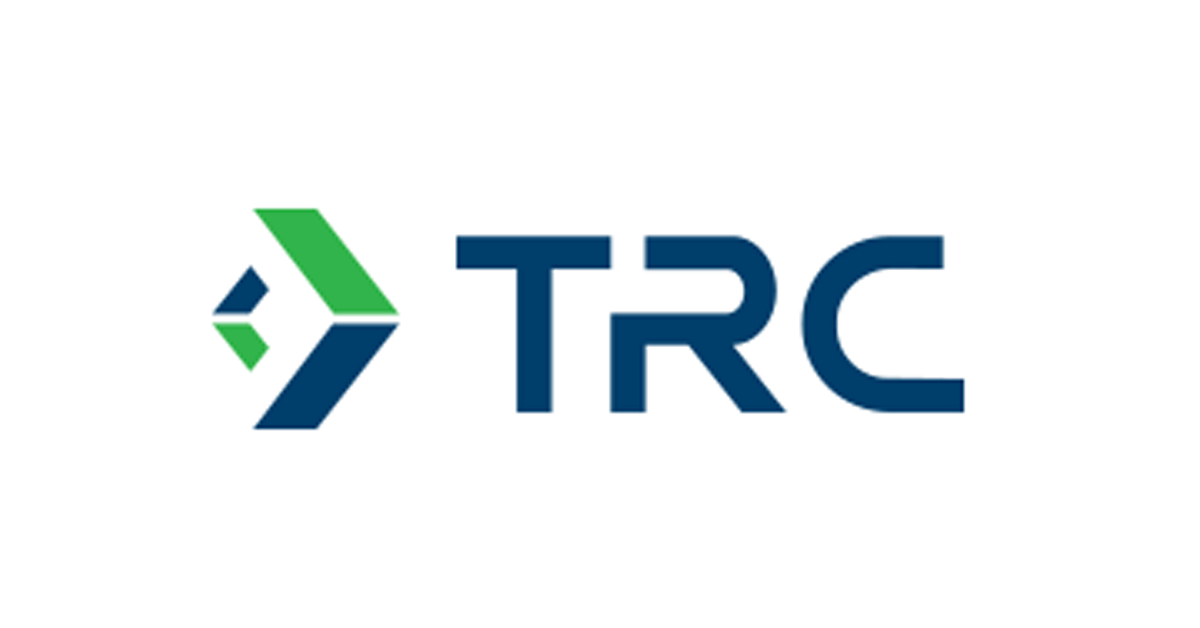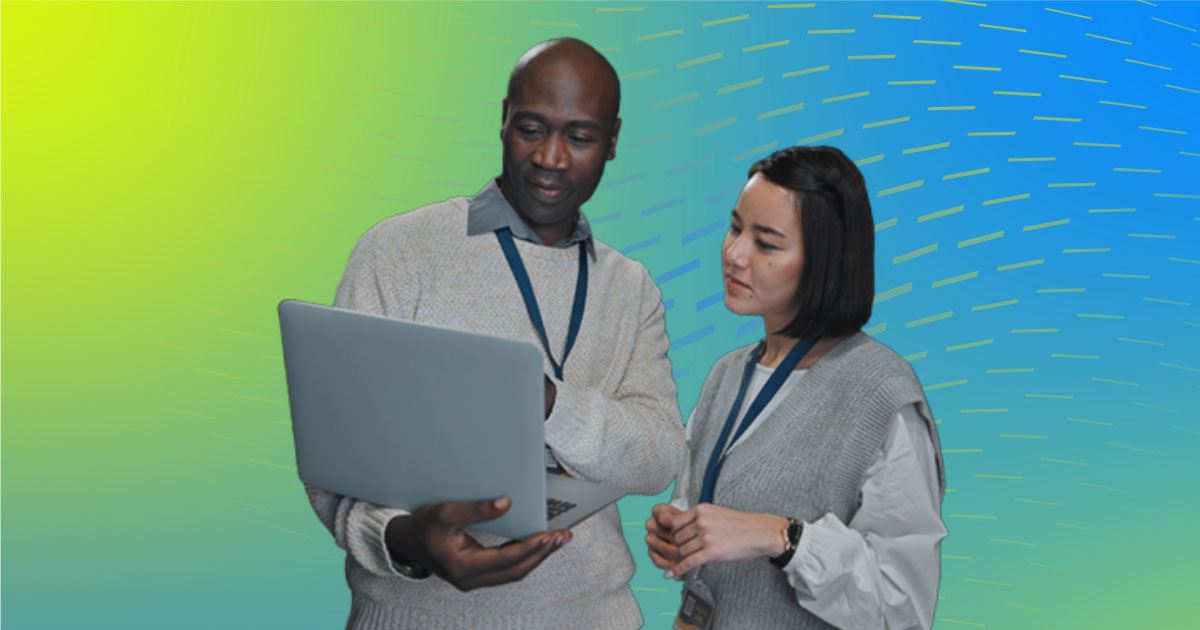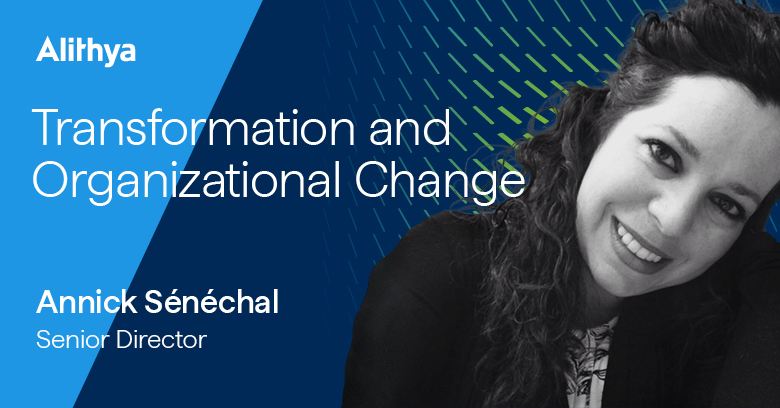Protect the long-term ROI of your technology investments with strategic change management
Effective change management is crucial for the success of software implementation, which is why businesses choose to collaborate with a knowledgeable partner to navigate the complexities of technology adoption. Our change management services ensure our clients’ long-term return on investment (ROI) in technology and sustained achievement of business outcomes, beyond the initial implementation phase. It is best when leaders emphasize the importance of change management early on to create a solid foundation for lasting transformation and sustainable growth.
Strategic change management services provide the necessary guidance and support for implementing lasting transformation. These services help leaders develop the skills and mindset needed to lead and manage change effectively. By embracing change and aligning strategy, culture, and job performance, organizations can create an environment that is conducive to change and innovation. Through effective engagement, communication, and measurement, organizations can ensure that change is implemented successfully and yields the desired results.
Mitigate significant risks around sponsorship, communication, and adoption
Change management is the key to delivering the best possible user experience, not only throughout the implementation process, but far beyond go-live. It is most effective when understanding the process and technology solution while coupling with organizational development theories that focus on the people side of change. The Alithya team does just that - with specialized knowledge of the relevant business processes and technology - to help you overcome uncertainty and remove barriers to organizational change.
Our change management beliefs
- Every project goal is to deliver business outcomes as quickly as possible
- People are at the core of all successful technology change initiatives
- Guidance activities must scale to align with the degree of change required
- Organization change occurs one individual at a time
- Consistent methods, tools and measurement can improve likelihood of success














